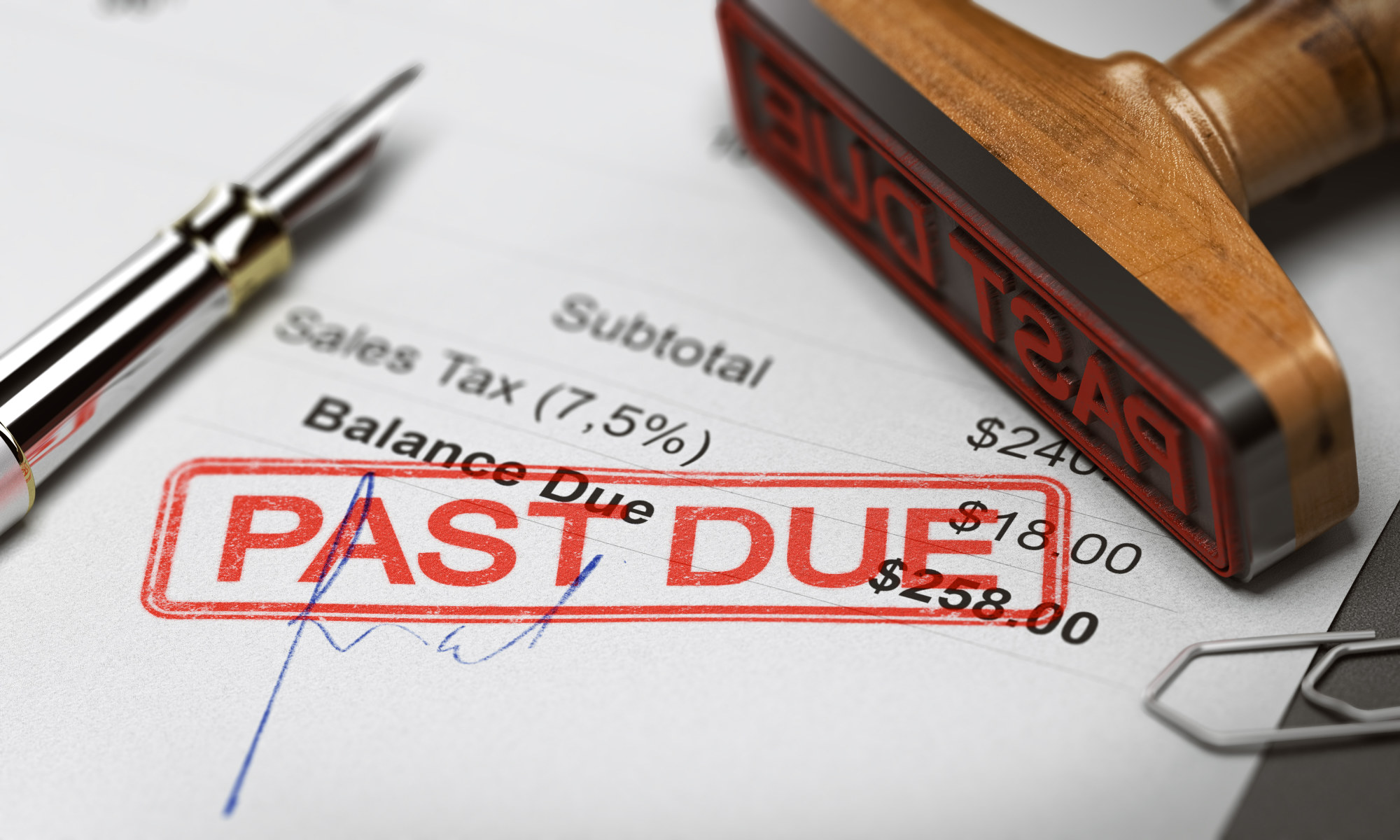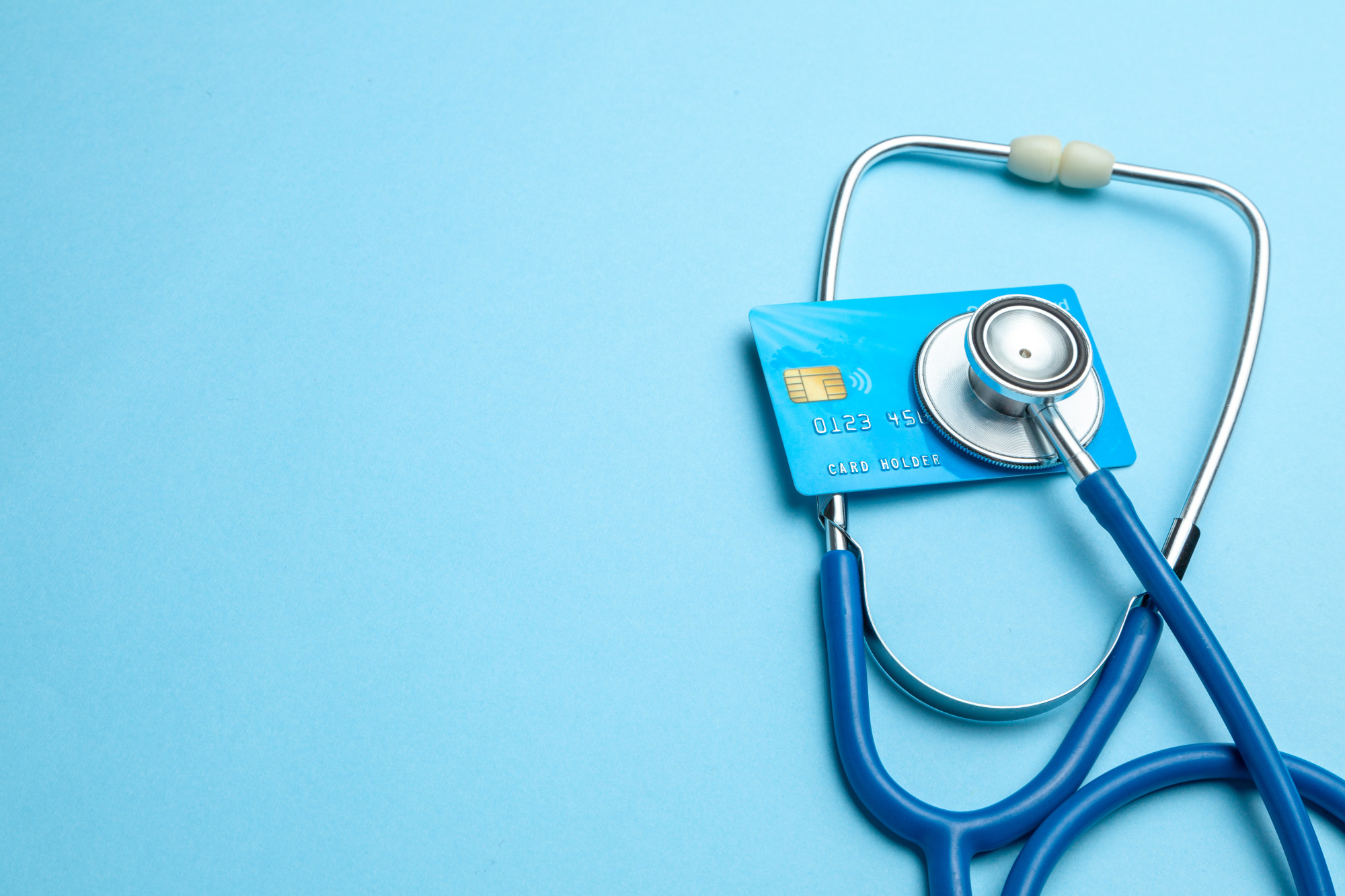If someone asked you, “What is your most valuable asset?” you’d probably immediately think of material possessions that are paid off, whether they hold their value or not. You might say a newer vehicle or a modest vacation cabin you inherited from your grandfather that’s been in the family for years. Nope. Maybe financial assets are the most valuable, like a CD that steadily, but slowly, gathers a little financial steam over the years. However, while important, they are not the most dear. Your most valuable asset is your ability to make a living.
If you become permanently disabled and lose your ability to earn money, your current assets, like those mentioned above, suddenly take on a whole new meaning, and that is, how far will they stretch if you sold them? Will they last 20 or 30 years, or maybe more if you are just starting a career in law enforcement? Although law enforcement officers may retire younger than people in many other industries, it’s still a long way to go if you’re just out of the academy.

Statistics show that one in three Americans will become disabled between the ages of 35 and 65 for at least 90 days during their working life. And more than one in ten will become disabled for five years or more.
Can you live for 90 days without a paycheck? You might be able to, but what will your savings account look like at the end of three months with no money coming in? What about five years of not drawing a paycheck? According to the 2022 Northwestern Mutual Planning and Progress Survey, the average amount of personal savings in 2022 came in at approximately $62,000. Unless you live at home with your parents, that amount isn’t going to get anyone very far.

What’s the answer? How do you avoid the scenario of not being able to cover your living expenses or care for your family in the event that you become disabled? What is your plan for ensuring that your mortgage, credit card bills, and kids’ college tuition get paid?
The answer for anyone who likes to sleep soundly at night is long term disability coverage. Long term disability (LTD) coverage protects your paycheck in the event you are unable to work.
What’s more, remember that your paycheck doesn’t just pay your bills. A portion of your paycheck probably goes into a savings account or investment that grows over time. So not only does the loss of a paycheck affect the coverage of your current living expenses, it also affects future earned wealth.

The need for long term disability coverage, especially for high-risk jobs like law enforcement (or firefighting) really shouldn’t be a question of whether or not to do it, but how to do it. The fact that LTD is extremely affordable when purchased through a non-profit organization such as the National Police & Firefighters Benefits Association (NPFBA) makes it well within reach. That’s an important point to remember: Purchasing LTD coverage through a private company versus a non-profit benefits organization that works for you, not for shareholders, is key.
There’s more to come on the topic of what the cost of becoming disabled can mean to your financial health and wellbeing. Next up, “Cost of Becoming Disabled, Part 2: Case Studies.”



